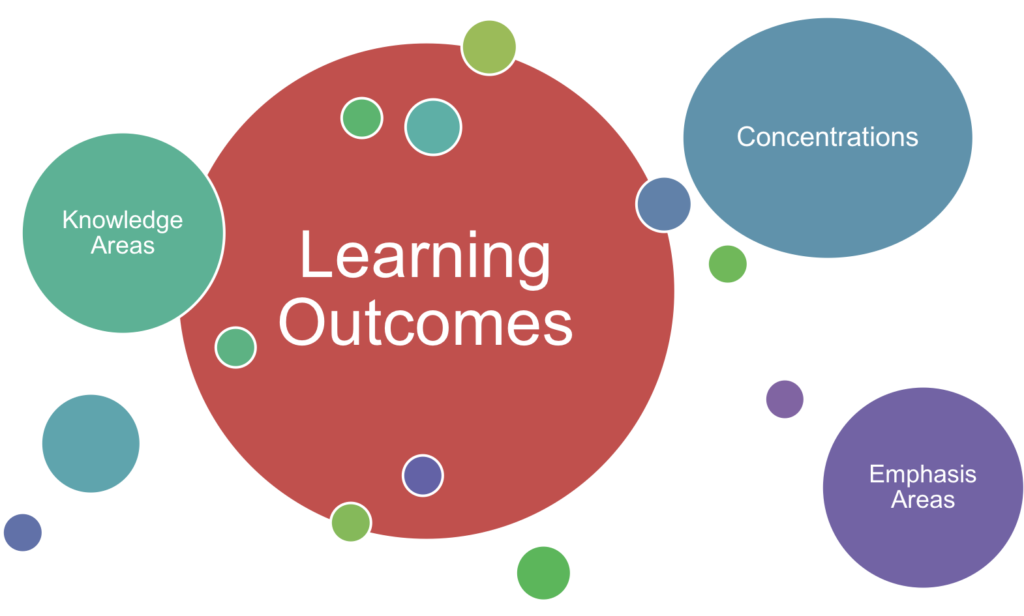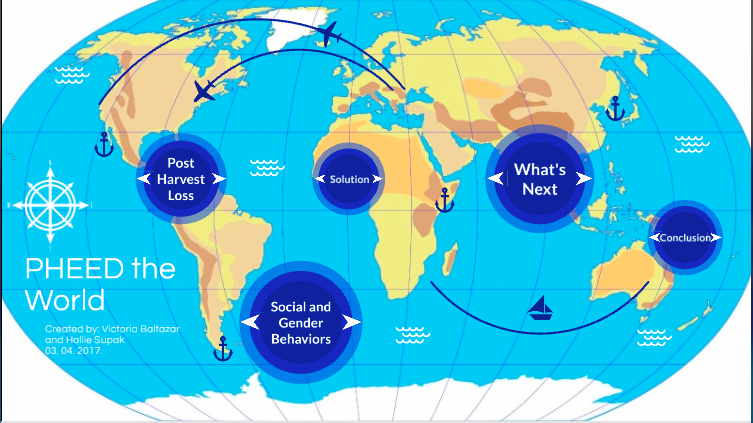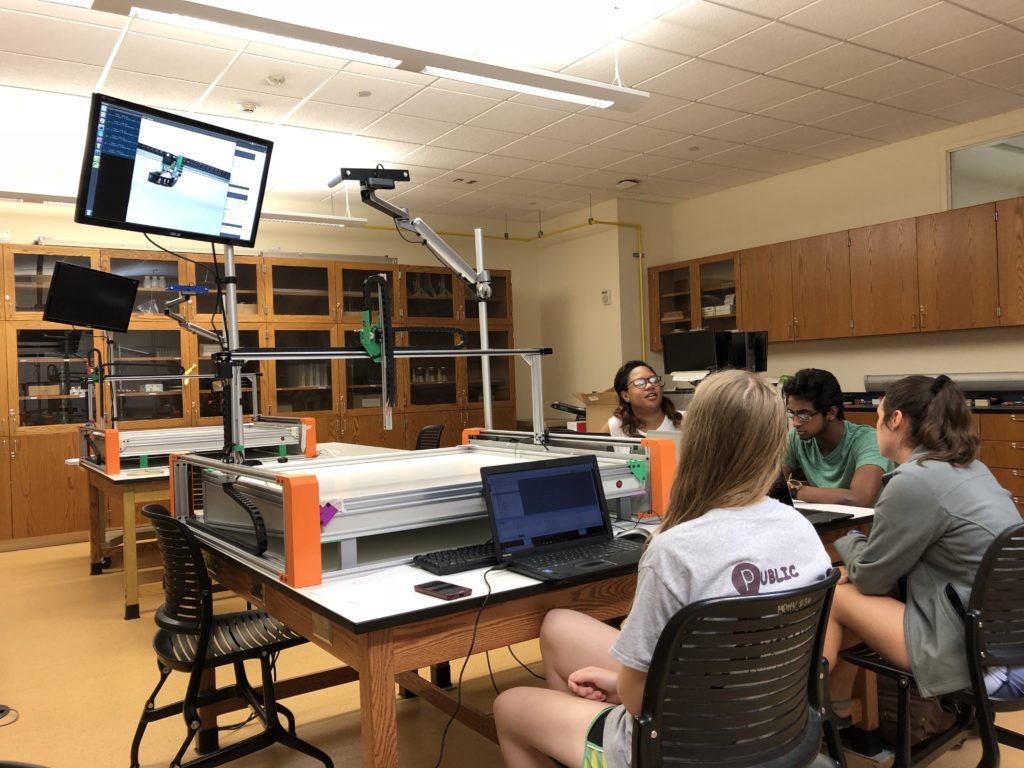Engineering Education

The industry is in need of engineers who understand the complexity of the world around them and have the ability to translate knowledge and information that is not only helpful but also practical.
This team is focused on developing educational campaigns including educational assessment and analysis and providing equitable access to information for our community and end users of our research.
We specialize in the development of 1) Learning Modules, 2) Training Educators, 3) Education/Program Assessment and 4) Post-Harvest Technologies Short Courses
Visit our Education Research Lab page for Consultation fees
Graduate Student Mentoring Plan
The Graduate student mentoring plan GMP is used to ensure our graduate student researchers
Training modules for improved storage techniques to reduce post-harvest losses of maize in Africa:
The overall goal of this research is to identify and address the specific needs of the community of farmers in Ghana through the use of post-harvest technology. We believe using culturally appropriate training and technology along with follow up evaluations will aid in the long term effort to reduce of food security.
In order to reach this goal, we plan to pursue the following objectives: 1) perform a demographic study and survey the current post-harvest practices of the farmers in a specific community, 2) develop education modules for the farmers on culturally appropriate drying and storage practices and training modules for those going into the communities to educate the farmers, 3) perform a continuing evaluation through the harvest season to see if our process was effective, and 4) incorporate post harvest technologies in the future.

Learning Outcomes in the Biological and Agricultural Engineering Discipline:
Biological and Agricultural engineers possess knowledge, skills and abilities which allow them to work in many technical sectors. Oftentimes, due to their breadth of knowledge and lack of exposure, they must distinguish themselves from other engineering disciplines. Biological and Agricultural engineering (BAE) undergraduate curricula provide students with an opportunity to specialize their learning in specific concentrations such as water and soil conservation, air quality, agricultural systems/power & machinery, renewable energy, and post-harvest processing/food engineering/bioprocess engineering. In an effort to identify distinguishing characteristics of a BAE, learning outcomes were mapped to specific concentrations and specific knowledge areas for the BAE curriculum at Texas A&M University.
The primary goal of this work was to identify the learning outcomes mastery and specific knowledge areas that BAE students should gain through core curriculum courses. This research problem was addressed through analysis and frequency clustering of an existing report, by exploring the following investigative question: 1) what are the specific knowledge areas that define a BAE graduate despite concentration/area of emphasis and 2) how do the top learning outcomes, knowledge areas and concentrations describe the BAE program and expectations of the graduates. The results from this mapping were the first steps in identifying gaps in knowledge and technical expertise areas students possess before entering their careers. In the future, these results will be combined with mapping of other outcomes and faculty input to inform the development of learning modules specific for training of BAE going into industry and extension careers.
Moore, J.M. Mapping learning outcomes across biological and agricultural engineering concentrations within the curriculum. Proceedings of the ASEE Annual Conference & Exposition. 2018:22730.
Assessment of a pilot program for a First Year Engineering curriculum revamp:
The TAMU Dwight Look College of Engineering through the Engineering Academic and Student Affairs (EASA) program have revamped all of the first year engineering courses to better suit the students and departments. The first cohort of freshman engineering students to take the new courses will begin in the Fall of 2018. In an effort to work through potential issues in equipment, homework’s, lectures and labs we created a 6 week pilot course for each of the 3 revamped courses. Upper-class engineering students will participated in three short courses designed to mimic the new Engineering Courses (ENGR 102, 216, 217). Engineering 102 (Engineering Lab I: Computation) is the first course in the 3 part sequence and exposes students to python programming, the next semester students move into ENGR 216 (Engineering Lab II: Mechanics) a course combining physics concepts with engineering problems. In the Fall Semester of their sophomore year, engineering students take ENGR 217 (Engineering Lab III: Electricity and Magnetism) where they experience electromagnetism and electromechanical systems hands on. Students completed all lectures, homework, quizzes, readings and assignments while providing subjective input about each through surveys and online journals.
Student assessment was coded and is being prepared for publication. The most valuable information received was from the question “What information do you wish you would have learned in ENGR 102 in order to prepare you for a particular lab in ENGR 216?” The top coded responses were as follows:
- Top 3 concerns about course content using ENGR 102 as an assigned pre-requisite for ENGR 216
- 1stFix: Python Dictionary Application
- 2ndFix: Python File Management
- 3rdFix: Lack of understanding about the concept of using python programming as an enhancement to conducting Physics Lab
- Learning analytics revealed several ENGR 216 lab pre-requisite content to focus on for correcting more than 50% of the students knowledge gap concerns.

